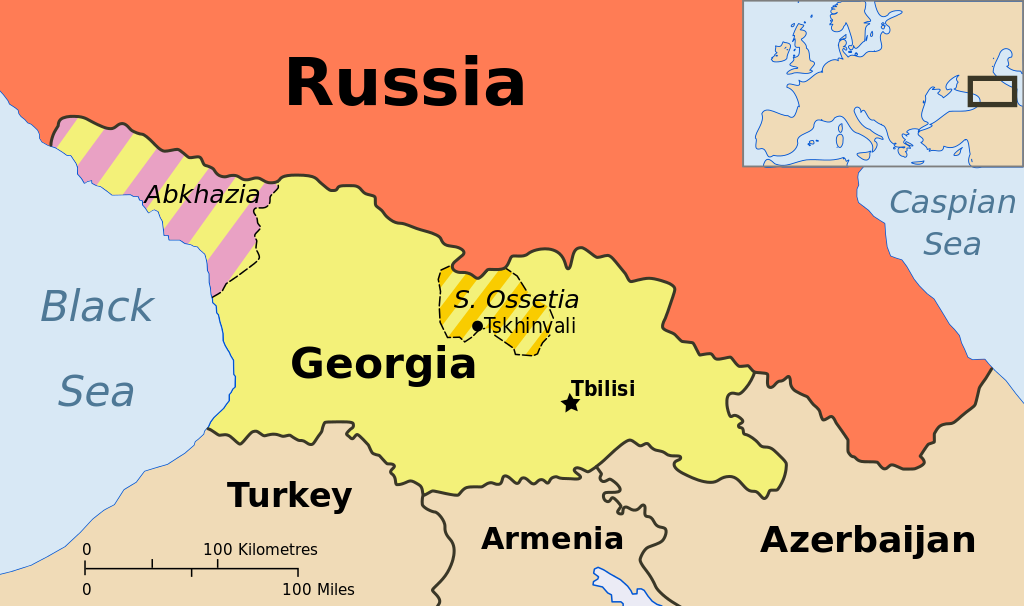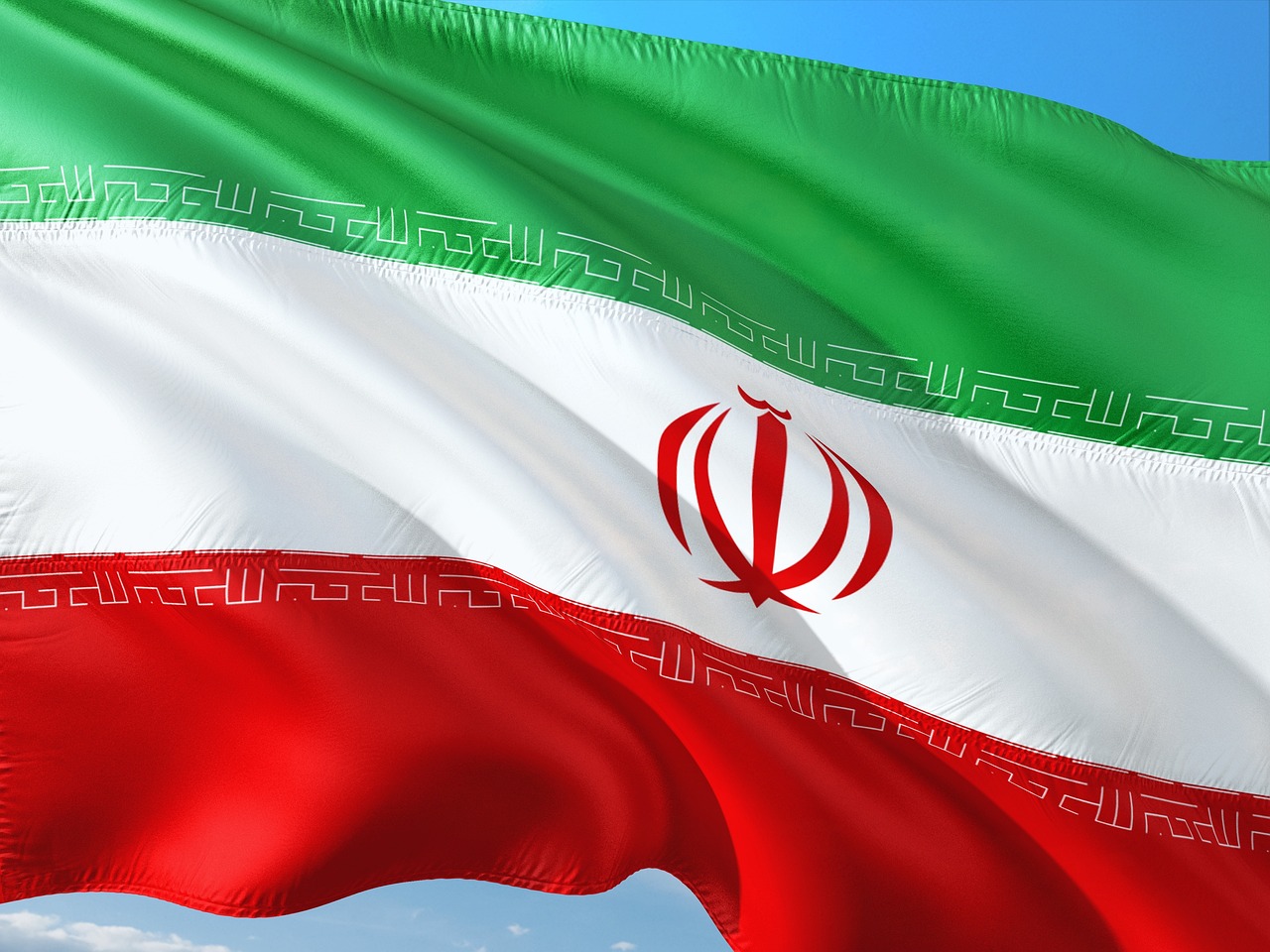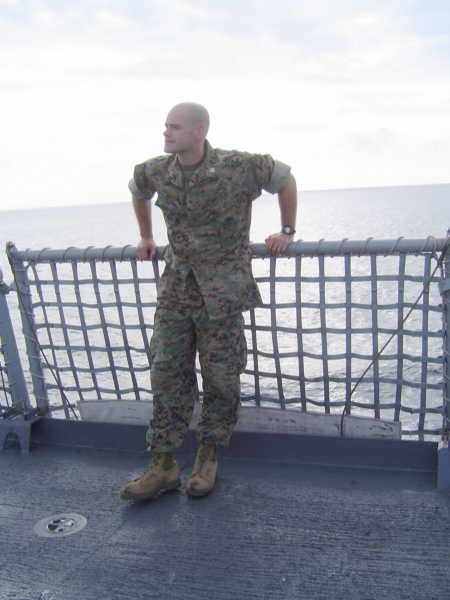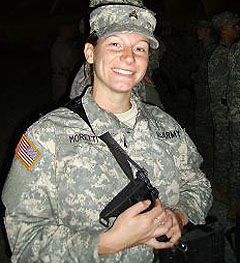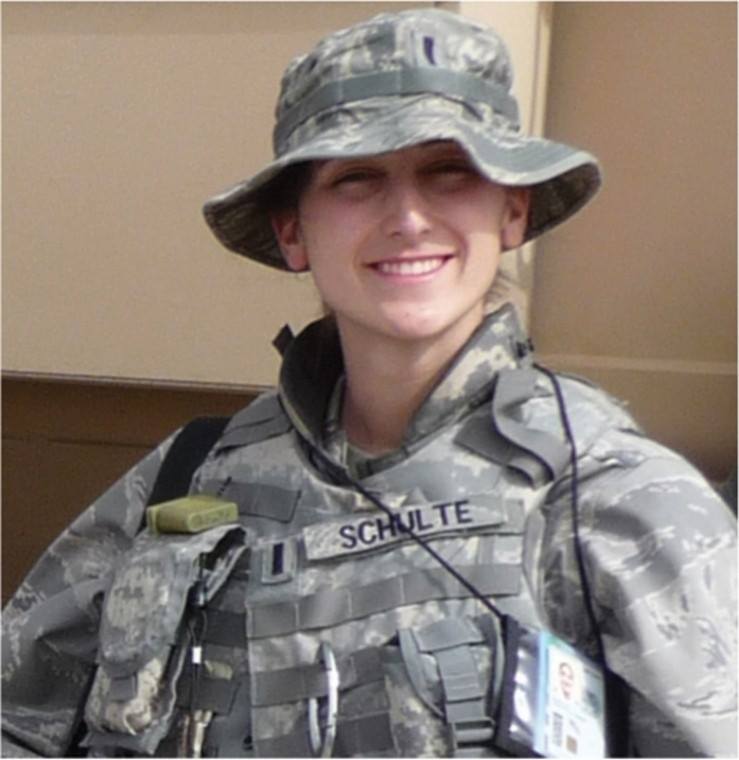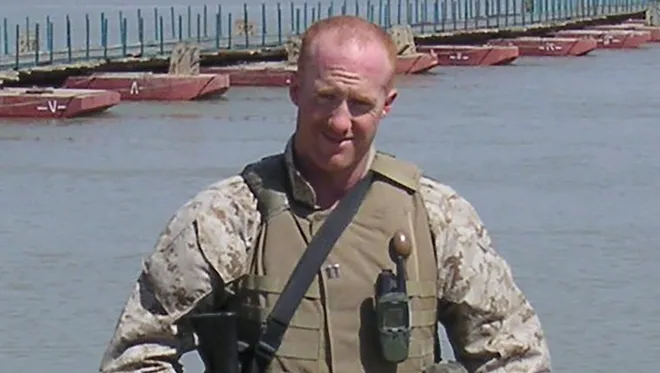The Russian invasion of Georgia in 2008 was shaped by the long and complicated relationship between the two countries. The Georgian people suffered through centuries of fighting and their lands frequently exchanged hands between the Mongol, Ottoman, and Persian empires. The Georgian kingdom turned to the Russians for help in 1802, but the cost of this assistance turned out to be admission into the Russian Empire. Georgia regained their independence for a few years after the Russian Revolution in 1917 but otherwise remained a Russian state until the fall of the Soviet Union in 1991.[i] Georgia didn’t manage their sudden freedom from Russian rule well and the country fell into civil war. The Azbakhia and South Ossetia regions took this opportunity to revolt from Georgia and strike for their own independence. Georgia struggled to bring these areas under control, especially after Russia began to secretly support these separatist movements. These insurrections eventually boiled over in August 2008, and Georgia deployed troops into Southern Ossetia to put down the rebellion.
Unfortunately for the Georgians, a significant amount of Ossetians were technically Russians. President Putin offered the Ossetians Russian citizenship if they desired it in 2006 and many of them applied for Russian passports. This set a trap that the Georgians stumbled straight into when they attacked South Ossetia and gave Russia the justification they needed to invade Georgia.[ii] The 58th Army executed a large scale exercise in July, called Caucasus Frontier 2008, with 8,000 soldiers just north of the Georgian border.[iii] This helped them stage and posture their forces for invasion. Additionally, Russia deployed thousands of ‘peace keepers’ to the region months earlier, which included two companies of Spetsnaz special forces soldiers.[iv] This meant that the Russians already had eyes on the ground who could perform advanced force operations for the Russian Army. They could also potentially contact partisan forces, conduct reconnaissance missions, and identify targets for air strikes.
Russian hackers also helped set conditions for invasion. Malicious cyber actors took down Georgian media, telecommunications, and government websites a day before the Russian Army crossed the border on August 8th, 2008. These hackers employed a network of botnets to overwhelm these sites with a Distributed Denial of Service (DDOS) attack. These attacks were very similar to the DDOS attacks the Russians employed against Estonia but were more effective because the Georgian networks were not as hardened. There are signs that Russian civilian ‘hacktivists’ helped execute these cyber attacks in addition to military cyber forces. The Russians appear to have recruited hackers through websites like ‘www.stopgeorgia.com.ru’ that provided nationalist hackers with a list of targets and clear instructions on how to use DDOS attacks to take them down. These attacks were extremely effective and limited Georgia’s communications with the outside world as the Russian Army invaded.
Vladimir Putin, now Prime Minister of Russia, learned the importance of controlling the media narrative during the Chechen war and applied these lessons to his invasion of Georgia. In addition to suppressing all telecommunications with cyber attacks, the Russian government restricted access to occupied territory for all foreign journalists. This meant that the only news coming out of South Ossetia either came from the official Russian military spokesman or embedded Russian journalists. Russian television stations in Georgia played propaganda portraying the Russian soldiers as liberators and accused Georgia of committing mass atrocities against the Ossetian people. [v] Meanwhile, Russian media outlets, spokespersons, and cyber actors on the internet executed an international information operations campaign to paint the Georgians as the aggressor in the conflict.[vi]
The Russian military quickly pushed the Georgian Army out of South Ossetia, seized several cities, and shelled the Georgian capital Tbilisi. Meanwhile, Russian Navy seized the port city of Poti and blockaded the western coast of Georgia.[vii] The President of Russia, Dmitry Medvedev, declared victory on August 12th, stating on Russian media that he restored peace and punished the Georgian aggressors.[viii] He signed a cease fire agreement and promised to withdraw all Russian troops from Georgia. Medvedev subsequently recognized the independence movements of Azbakh and South Ossetia. Russian soldiers remain in both territories today.
This site is free for everyone to learn about information warfare, connect with mentors, and seek the high ground! Unfortunately operating the site is not free and your donations are appreciated to keep KTC up and running. Even a five or ten dollar donation helps.
[i] Howe, G. Georgia. (August, 2022) Brittanica. https://www.britannica.com/place/Georgia/Turkish-and-Persian-domination
[ii] Nichol, J.(March, 2009) Russia Georgia Conflict in August 2008. Congressional Research Service. https://sgp.fas.org/crs/row/RL34618.pdf
[iii] Jamestown Foundation. (July, 2008) Russia Holds Military Exercises in the North Caucasus. https://jamestown.org/program/russia-holds-military-exercises-in-the-north-caucasus/
[iv] Civil Georgia. (May, 2008) Russia Gives Some Details on Troop Increase in Abkhazia. https://old.civil.ge/eng/article.php?id=17786
[v] Human Rights Watch. (January, 2009) Russian Allegations Against Georgia of Genocide and other War Crimes. https://www.hrw.org/node/79681/section/14
[vi] Cornell, S. (June, 2009). Georgia feels Russia’s heavy hand. The Guardian. https://www.theguardian.com/commentisfree/2009/jun/17/russia-georgia-obama
[vii] Chazan, G. (August, 2008). Russia Briefly Seizes Georgian Port. The Wall Street Journal.
https://www.wsj.com/articles/SB121913118324652571
[viii] RIA Novosti (August, 2008) Russia’s president says operation in Georgia over. RIA Novosti. http://en.rian.ru/russia/20080812/115978044.html

